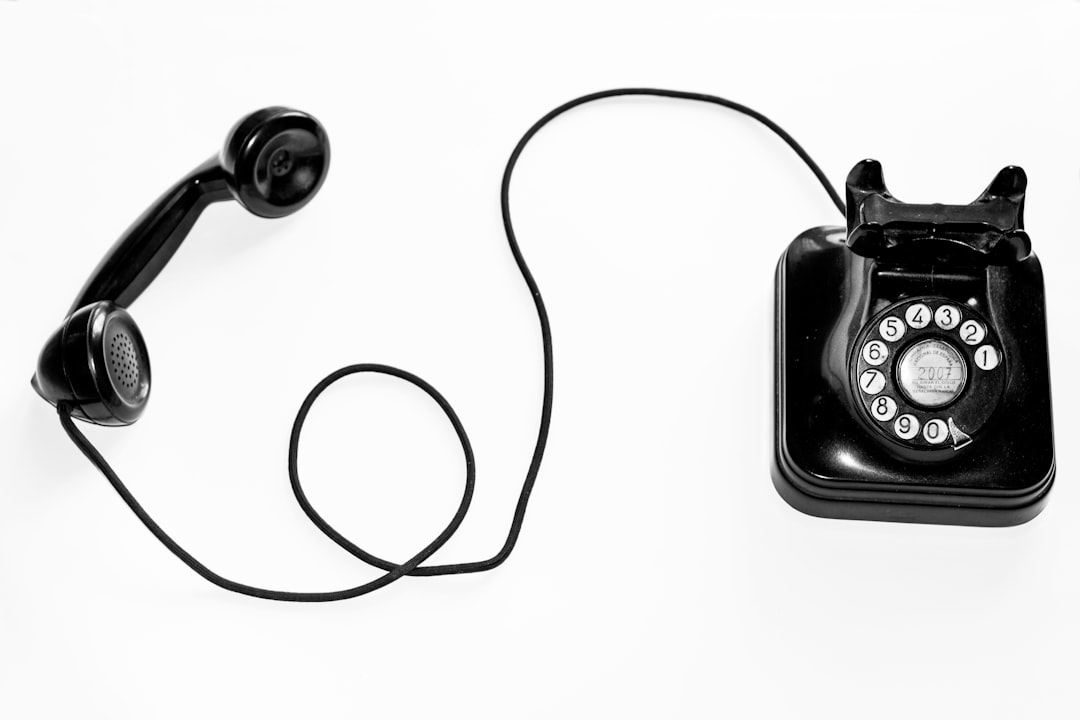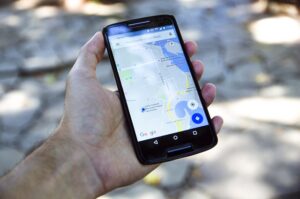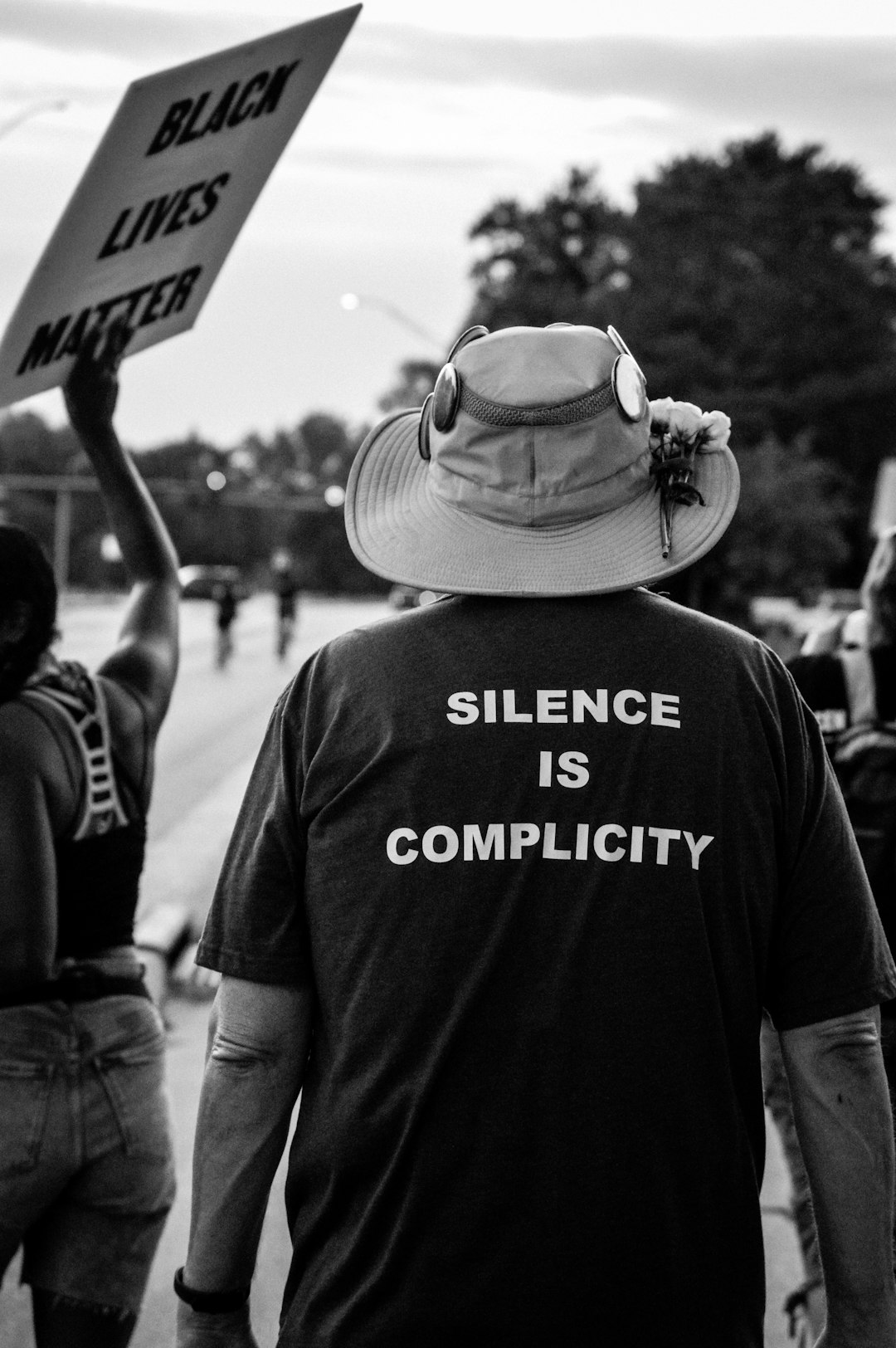Using an autodialer for marketing in Nebraska requires strict adherence to consumer privacy laws to avoid penalties and spam complaints. Businesses must consult with a qualified autodialer Lawyer in Nebraska to ensure compliance with state laws (Nebraska Revised Statutes Chapter 44) and federal regulations like the Telephone Consumer Protection Act (TCPA). Specialized lawyers guide companies through legal complexities, managing consent, do-not-call lists, and ensuring compliant marketing calls to minimize risks and optimize autodial campaigns.
In today’s digital age, autodialers have become a ubiquitous tool for businesses across Nebraska. These automated calling systems can significantly enhance marketing efforts, but they also navigate complex legal terrain. Understanding the legal landscape is crucial for businesses aiming to avoid compliance pitfalls. This article guides you through the intricacies of Nebraska’s regulations on autodialers and highlights the importance of seeking expert counsel from an experienced autodialer lawyer in Nebraska.
What Are Autodialers and How Do They Work?

An autodialer, as the name suggests, is a technology that automatically dials phone numbers, often in large volumes. This software is designed to facilitate targeted marketing and outreach by businesses, allowing them to quickly reach potential customers. It works by using computer-generated voice systems or pre-recorded messages to deliver sales pitches, promotional offers, or survey invitations. The process involves randomly or sequentially generating phone numbers from a database and attempting to establish connections with individuals at the other end.
In Nebraska, as in many states, the use of autodialers is regulated to protect consumers from unsolicited calls. An autodialer Lawyer in Nebraska can help businesses navigate these regulations, ensuring compliance to avoid potential legal issues. Understanding how autodialers work is crucial for businesses aiming to utilize this technology while adhering to consumer privacy laws and avoiding spam complaints.
Legal Regulations and Compliance for Autodialers in Nebraska

In Nebraska, the legal landscape for autodialers is regulated by strict privacy and telecommunications laws. Businesses utilizing autodialers, particularly those seeking to engage in automated marketing calls, must navigate a series of compliance requirements. These include obtaining explicit consent from recipients, providing clear opt-out mechanisms, and adhering to timing restrictions on calls. Failure to comply can result in significant penalties, making it crucial for companies to consult with an experienced autodialer lawyer in Nebraska to ensure they are meeting all legal obligations.
The Nebraska Revised Statutes Chapter 44, which governs telecommunications, outlines the rights of consumers regarding automated calls and text messages. This includes the right to refuse future communications from specific senders. Businesses must also comply with the Telephone Consumer Protection Act (TCPA), a federal law that restricts the use of autodialers for marketing purposes without prior express consent. An autodialer lawyer in Nebraska can help businesses interpret these regulations, implement proper procedures, and protect themselves from legal repercussions.
Navigating Legal Challenges: Seeking Guidance from an Autodialer Lawyer in Nebraska

Navigating the legal challenges surrounding autodialers can be a complex task, especially for businesses in Nebraska looking to implement this technology. With strict regulations and potential compliance issues, it’s crucial to seek expert advice from an autodialer lawyer who understands the nuances of Nebraska’s laws. These legal professionals are well-versed in telemarketing and automated calling practices, ensuring your business stays compliant while leveraging the benefits of autodialing.
An autodialer lawyer in Nebraska can guide you through various aspects, including obtaining proper consent, adhering to do-not-call lists, and ensuring your marketing calls meet specific legal requirements. They help tailor strategies to minimize risks, protect your business from potential lawsuits, and maximize the effectiveness of your autodial campaigns while staying within the boundaries of the law.






